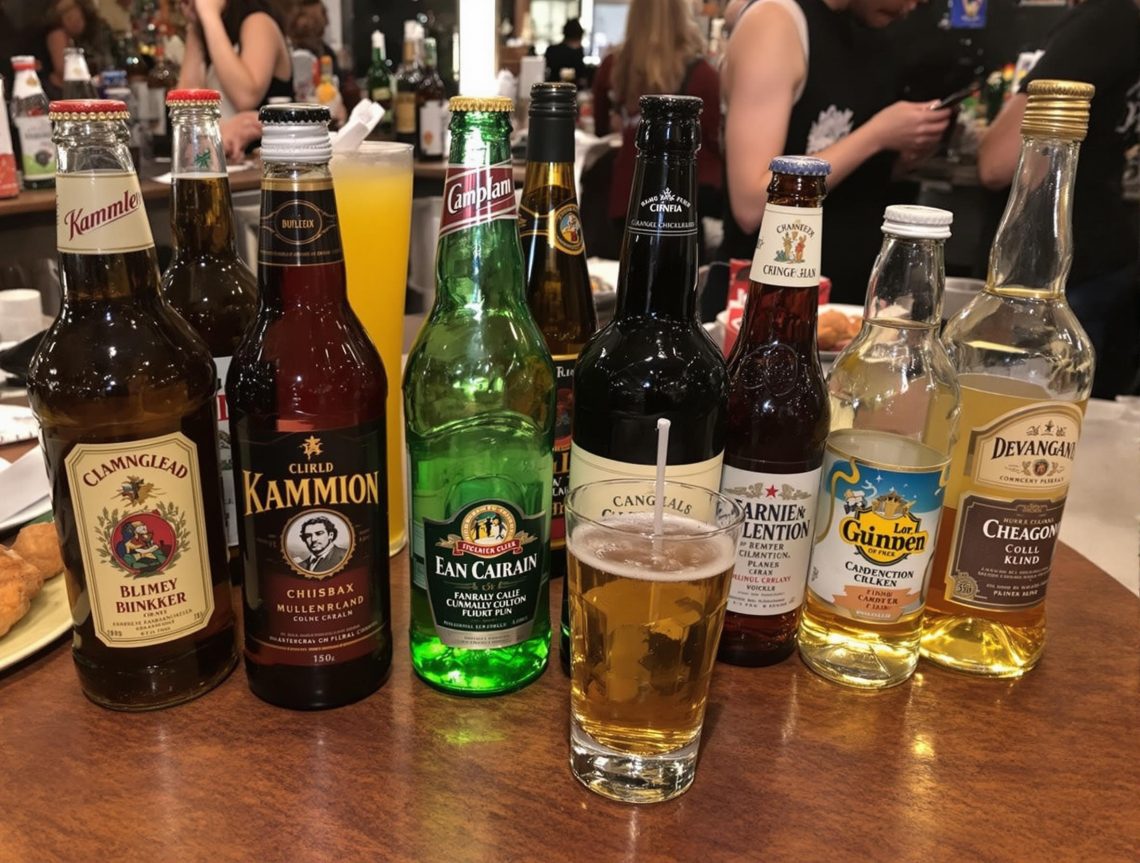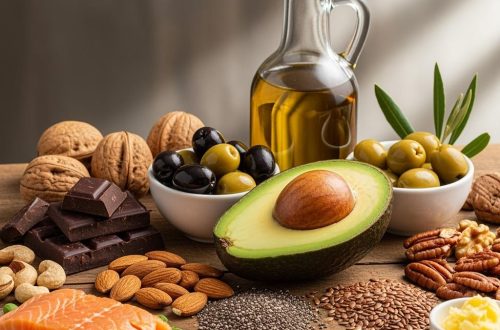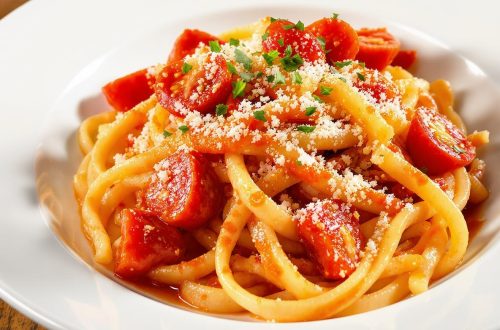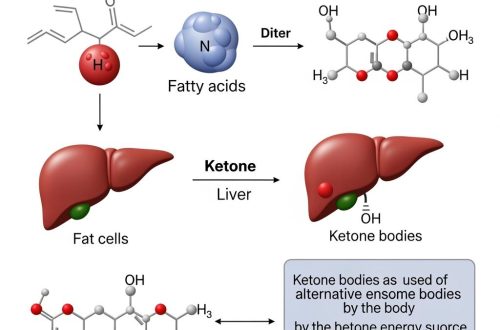If you’re on a keto diet, you’ve probably asked yourself the question: “Can I still enjoy a drink or two?” It’s Friday night, your friends are heading out for drinks, and you’re wondering if that glass of wine will kick you out of ketosis and undo your week’s progress. I’ve been there myself, trying to balance social life with my low-carb lifestyle.
After years of personal experimentation and diving deep into research, I’ve found that the relationship between alcohol and ketosis isn’t as straightforward as many would have you believe. Let’s cut through the confusion and get to the truth about how alcohol really affects your keto journey.
The Metabolic Priority Problem
Here’s what happens when you drink alcohol on keto: your body essentially hits the pause button on fat burning. Why? Because your liver considers alcohol a toxin and prioritizes processing it above everything else.
When you’re in ketosis, your liver is happily converting fat into ketones for energy. But introduce alcohol, and that process gets immediately sidelined. Your body shifts all its resources to metabolizing the alcohol first, essentially putting fat burning on hold until the alcohol is cleared from your system.
A friend of mine likes to say, “When alcohol is in, fat burning is out.” That’s not just a catchy phrase—it’s metabolic reality.
Not All Alcoholic Beverages Are Created Equal
The carb content in alcoholic drinks varies dramatically, which matters tremendously on keto where you’re typically limiting carbs to 20-50g daily.
Beer is generally a no-go on keto—a typical 12oz serving contains 12-15g of carbs. That’s a significant chunk of your daily allowance. Wine is more keto-friendly, with about 3-4g of carbs per 5oz glass. And straight spirits like vodka, whiskey, and tequila? They contain zero carbs.
But here’s the catch that tripped me up when I first started keto: while pure spirits have no carbs, they still impact ketosis through the metabolic priority issue mentioned earlier. And don’t get me started on mixers—those sugary additions can quickly turn your “zero-carb” drink into a ketosis-killing carb bomb.
The Dehydration Double Whammy
If you’ve done keto, you know staying hydrated is already a challenge. The diet has a natural diuretic effect, causing you to lose water and electrolytes. Add alcohol—another diuretic—and you’re looking at potential dehydration issues.
Last summer, I learned this lesson the hard way after having a few vodka sodas at a backyard barbecue while strict keto. The hangover the next day was memorably brutal. The combination of keto-related and alcohol-induced dehydration left me feeling like I’d spent a week in the desert.
This dehydration doesn’t directly impact ketosis, but it can certainly make you feel terrible and potentially lead to giving up on your diet altogether.
Alcohol’s Impact on Hunger and Decision-Making
We’ve all experienced it—a few drinks in and suddenly that late-night pizza seems like an excellent idea. Research shows that alcohol stimulates appetite and reduces inhibition, a dangerous combination when you’re trying to stick to specific dietary choices.
Studies have found that alcohol activates brain cells that control hunger, potentially increasing your appetite. Combine this with lowered willpower, and you might find yourself facing a plate of nachos that would have been unthinkable in your sober, fat-adapted state.
The Surprising Effect on Blood Sugar
Here’s something that surprised me in my research: while many alcoholic drinks can cause blood sugar spikes due to their carb content, pure alcohol itself can actually lower blood sugar levels, sometimes dramatically.
For non-diabetics on keto, this usually isn’t dangerous but might contribute to energy crashes that could be mistaken for carb withdrawal or “keto flu” symptoms. For those with diabetes or other metabolic conditions, this effect requires careful monitoring.
Real Talk: Alcohol and Weight Loss Plateaus
In my keto journey, I’ve noticed that periods of regular alcohol consumption—even low-carb options—often correlate with weight loss stalls. This observation is backed by research suggesting several mechanisms at play:
- The caloric content of alcohol (about 7 calories per gram) adds up quickly
- The metabolic priority shift away from fat burning
- The potential for increased hunger and decreased willpower
One study found that participants who consumed alcohol regularly lost significantly less weight over a 12-week period compared to those who abstained, even when total caloric intake was similar.
Finding a Balance: Can You Drink and Stay in Ketosis?
After weighing the evidence and my personal experience, I believe occasional alcohol consumption can be compatible with a ketogenic lifestyle—with some important caveats.
If maintaining ketosis is your primary goal, stick to clear spirits mixed with zero-carb options like soda water and a squeeze of lime. Limit yourself to one or two drinks, and alternate with glasses of water (with electrolytes if possible).
Remember that while you might stay technically in ketosis with zero-carb alcoholic choices, fat burning will still temporarily pause. If weight loss is your main objective, you might want to save drinking for special occasions only.
My Personal Approach
After three years on keto, I’ve settled into a rhythm that works for me. I generally avoid alcohol during the week and during intensive fat-loss phases. For social situations, I stick to a glass or two of dry red wine or the occasional vodka soda with extra lime.
The morning after drinking, I make sure to hydrate aggressively, often adding electrolytes to my water, and I do intermittent fasting to help my body get back to fat-burning mode more quickly.
The Bottom Line
Alcohol and ketosis have a complicated relationship. While you can consume certain alcoholic beverages without adding carbs to your diet, all alcohol will temporarily halt fat burning and may impact your progress in more subtle ways.
That said, a sustainable diet is one you can maintain long-term, and for many people, that includes some flexibility for social drinking. The key is making informed choices and understanding the tradeoffs.
If you’re new to keto, I’d suggest giving your body at least 4-6 weeks to fully adapt to fat burning before introducing alcohol. This allows you to understand how your body feels in true ketosis and makes it easier to recognize the effects alcohol has when you do indulge.
Remember, ketosis isn’t just about what you consume—it’s about how your body metabolizes energy. Alcohol throws a temporary wrench in that process, but with mindful consumption, you can still enjoy the occasional drink without derailing your low-carb lifestyle completely.
Ultimately, your relationship with alcohol on keto should be guided by your personal health goals, how your body responds, and what makes your diet sustainable for you in the long run.






2 Comments on “How Does Alcohol Consumption Really Impact Ketosis and Fat Burning?”
Comments are closed.